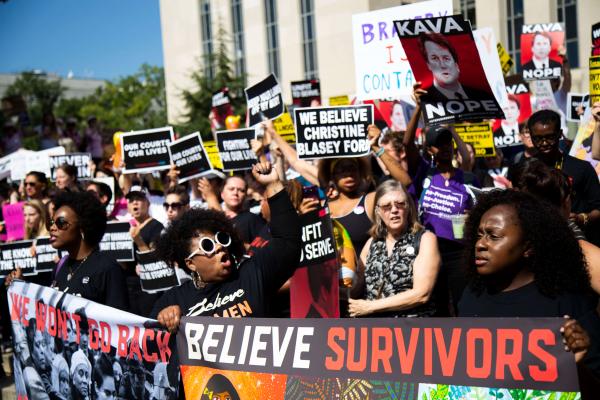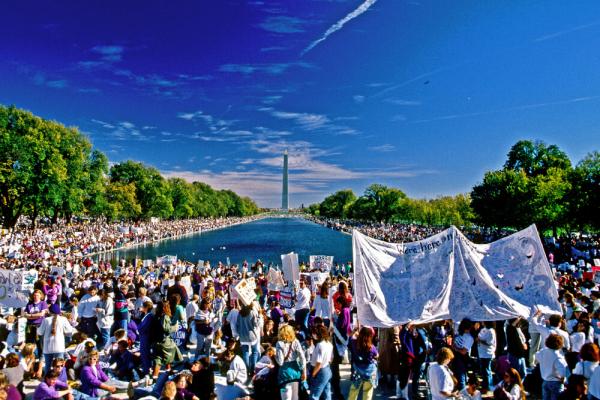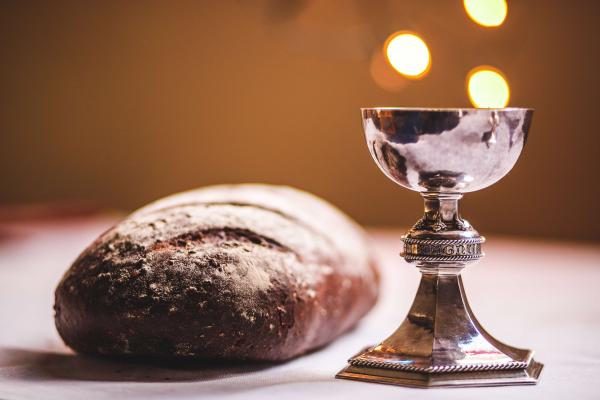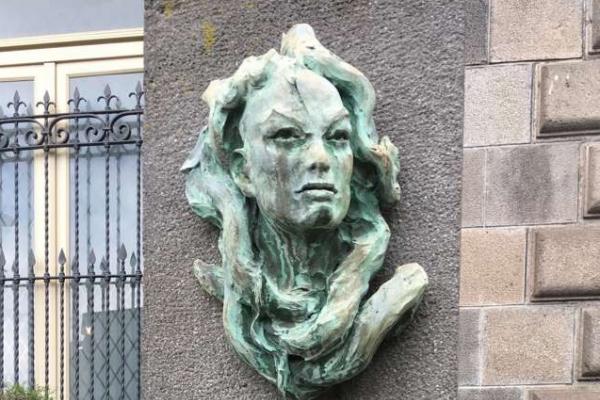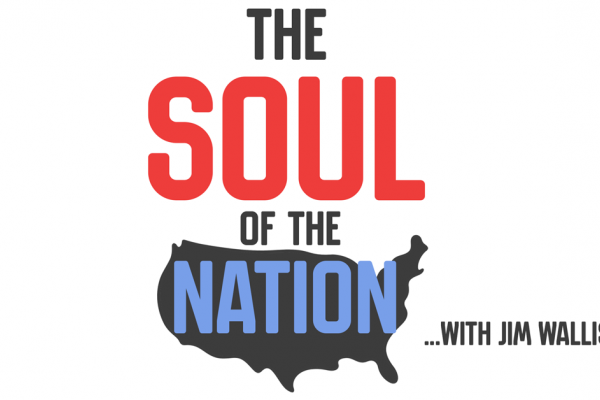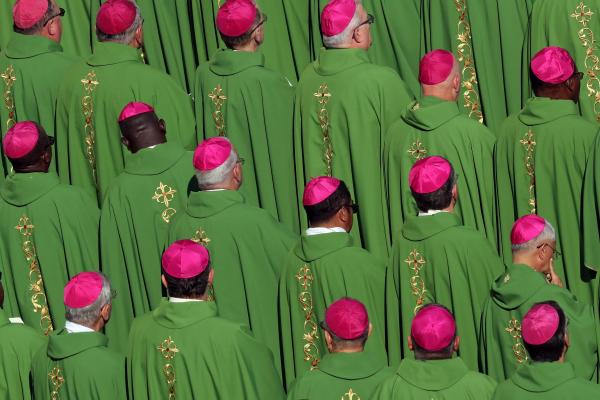1. Can The Good Place Save Us from Our Real Life Bad Place?
Asking for a friend …
2. For the Men Asking ‘What Can We Do?’
To start: listen.
Rain and a palpable heaviness covered the Brett Kavanaugh and Dr. Christine Blasey Ford hearings last week. This afternoon, Cancel Kavanaugh: Believe Survivors marchers perspired under a hot sun while they shouted resistance to the Supreme Court nominee.
Climate change is a crisis of moral proportions. Rather than responding to the climate crisis with resignation or cynicism, our congregations can chart a new path forward by responding to this moral crisis in a distinctively religious way. By probing deeply into our religious traditions, we can present truths that are needed in this time of climate catastrophe.
I think Christians have to do organizing, because it helps us to broaden whatever kind of tunnel vision some of our own traditions unwittingly produce in this fundamentalist age. I often tell my congregation that organizing, justice work, is essential for Christian discipleship, because it helps our heart become less wicked. It puts you in relationship and conversation with both systems and individuals that you may need to learn from, or you may need to help transform. I think organizing is critically important in that way.
And nearly every Sunday, as broken bread stands for broken bodies, I am struck with the words of James Baldwin, when he wrote that to be born black or a person of color in America means that you must “give up all hope of communion.”
When Baldwin wrote those words he believed that the nation was both a Christian nation and a white nation. White supremacy was the foundation of American rites and rights. Whiteness was a prerequisite to be encircled by compassion and included in citizenship. The denial of communion — the denial of the body of Christ and the rejection from the body politic — was connected to the nation’s original sin.
One of the highlights of my trip to Costa Rica was visiting Teatro Nacional de Costa Rica in San Jose. Taking a break from the beaches and after consuming a healthy amount of papaya and platanos, I wanted to go there to see the area outside the theater, which has busts of some of the Central American country’s famous writers: Eunice Odio, Joaquín Gutierrez, and Yolanda Oreamuno. After the visit, with the help of some of my tias and primas, I even brought home a few books from these authors. They were particularly pleased I was interested in reading literature from Costa Rica.
Survivors have powerful stories and we must listen and believe what they are telling us. The most public of those survivor stories was on display across the country as the nation was riveted to the broadcast and streaming of the Senate hearing and the courageous testimony of of Dr. Christine Blasey Ford.
In 1971, the movement that became Sojourners was born at an evangelical seminary, Trinity Evangelical Divinity School in Chicago. In 1973, Sojourners worked with Evangelicals for Social Action in a gathering Ron Sider convened, again in Chicago, which produced a document called the "Chicago Declaration of Evangelical Social Concern."
A new study by the Public Religion Research Institute reveals deep divides over support for political candidates accused of sexual harassment. The most striking divide may be among major Christian groups.
The survey asked respondents about the likelihood of them voting for someone accused of sexual harassment by multiple people. PRRI provided Sojourners with a breakdown of responses to this question by religious affiliation.
Pope Francis opened a gathering of bishops on Wednesday with the Catholic Church in a swirling state of crisis over sex abuse, urging its leaders not to let the next generation's faith be snuffed out "by our own shortcomings, mistakes, and sins."
